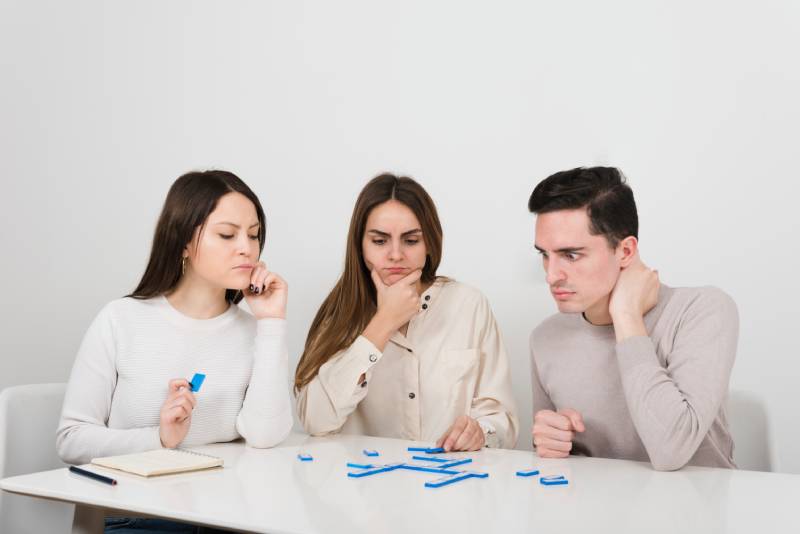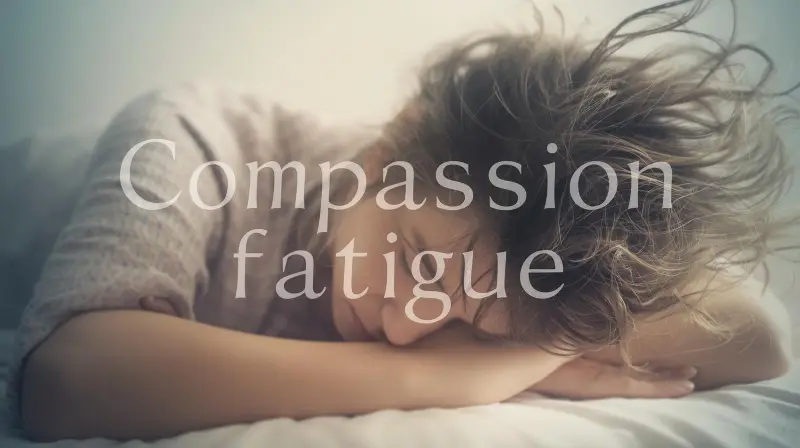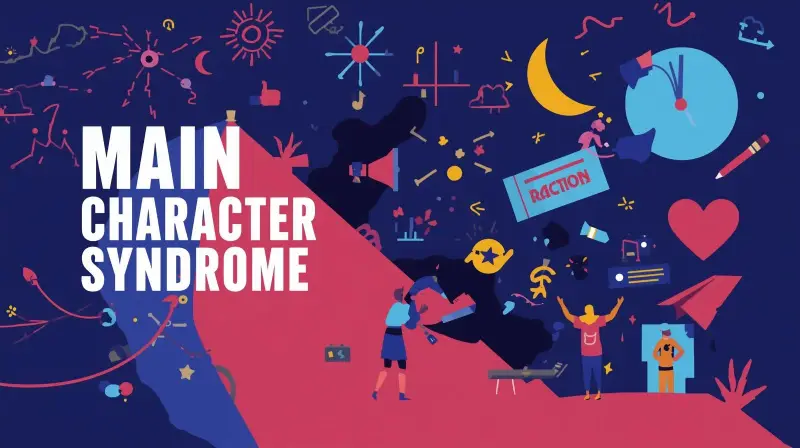What really is validation? You can define it in so many ways. How people perceive us plays a big part in our lives, and seeking validation is human nature. We humans often need words of approval to feel capable and worthy. It boosts our enthusiasm and helps us feel confident. To do so, we sometimes go to extremes like changing ourselves and portraying ourselves as someone we are not just to feel accepted by a particular group or person. Not feeling validated can impact our lives in numerous ways. Although it’s not wrong to want to feel validated, it can become detrimental to our mental health if we start relying on it.
Is seeking validation healthy? How it can affect us
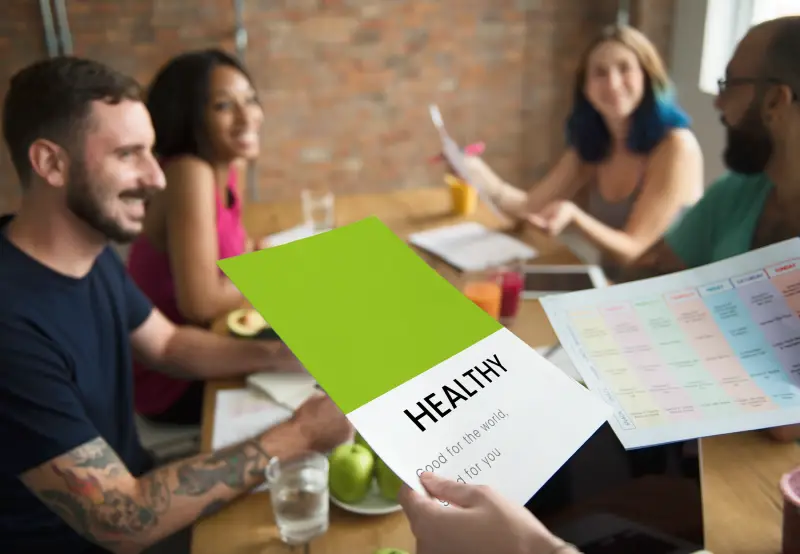
Needing external validation isn’t wrong, but depending on external validation is. We often need encouragement from our family and friends; we want them to acknowledge us; why? Because when we receive words of affirmation, we tend to work harder so that people can praise us even more. When validation motivates us, it’s healthy. It becomes unhealthy when our body becomes dependent on it. For instance, some people become so obsessed with seeking attention that when they don’t receive it, they start thinking of themselves as unworthy and useless, which sometimes can lead to cases of depression. There’s a thin line between healthy and unhealthy validation; we humans tend to walk just in between. Saying we don’t need it but are doing everything possible to receive it. This world affects us in ways we don’t realize. We often compare ourselves to others, wanting to be someone that’s not even us, only to be liked by other people. People who probably wouldn’t even be in our lives for a long time.
How is social media related to validation?
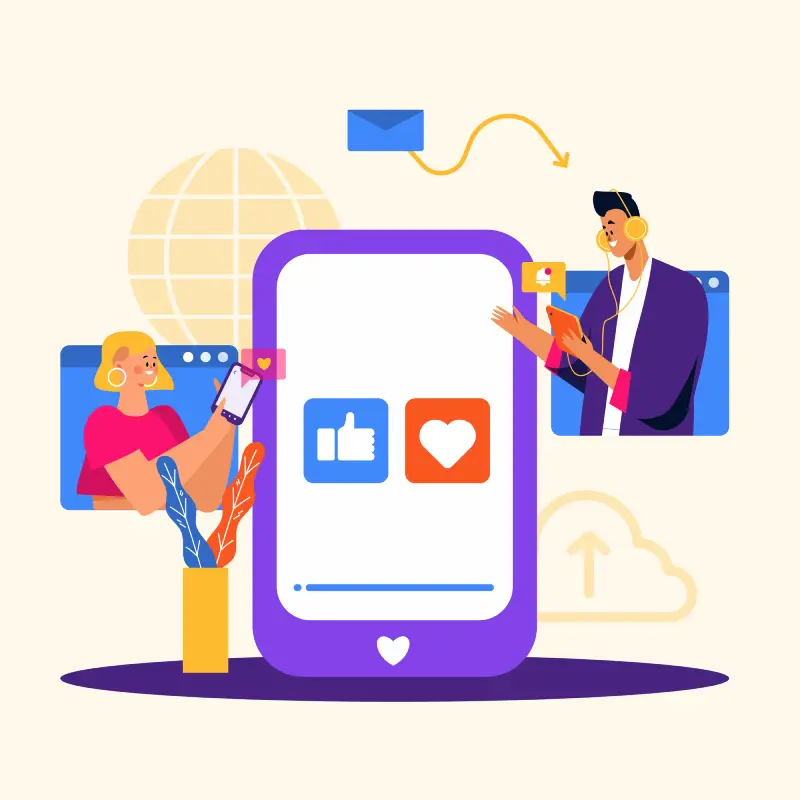
In recent years, social media has become one of the primary reasons for people falling into depression. We humans are so stupid that we let likes and comments decide our worth. Constantly counting the numbers under our posts has wholly made us dependent on people we know nothing about. Be it appearance, career, or anything else, we tend to seek validation in everything. But social media has its own perks and cons. With wanting to hear what we want on social media; we also get to hear what we fear.
Along with people who like us, there are an ample number of people who don’t. We become so delighted when we receive comments like ‘beautiful,’ ‘handsome,’ ‘stunning’ etc., but what happens when we receive contrary comments? Our confidence completely drops, and we might not even feel like posting again. Being dependent on validation gives others the power to decide how we should live. We must understand that if we depend so much on external validation, we will become hollow inside. We hear what people say about us and create our image according to them, but we forget that it isn’t about how they see us but how we see ourselves. It is us who let someone else’s words hold the power to affect us. So, snatch it back because it’s yours to hold.
Validation in relationships

Validation plays a considerable role when it comes to romantic relationships. You often want to hear your partner say good things about you, to appreciate you, and recognize who you are. You feel insecure when your partner doesn’t give you attention, which sometimes leads to craving for it even more. Is validation important in relationships? To an extent, yes. When you receive it without begging for it, it’s healthy, and if you need to beg for it, it may be time to lose your relationship and not your self-esteem. Not feeling validated by your partner affects you more than any other relationship. It is in relationships that people ask for maximum validation, which sometimes becomes the reason for relationships to fall apart.
When a partner asks for constant validation, it becomes exhausting for the other. A partner may constantly ask questions like, “Do you not love me anymore?” ” Am I not enough?” or “Promise me you won’t ever leave me,” and ultimately, this makes the other feel overwhelmed and drift apart due to pressure.
How can invalidation have an impact on our mental health?

Sometimes, invalidation can have such a toll on our mental health that we start isolating ourselves. We stop going out, fearing not being up to the mark. The mark that the world decides. We dim our light because someone else makes us believe we aren’t shining bright enough. It can lead to some severe problems like depression, social anxiety, and low self-esteem.
Requiring validation can also be a sign of psychological problems. Our childhood has a significant impact on how we grow up and act as adults. Children who don’t have a healthy and lovable environment often end up seeking validation more than anything. When we spend most of our lives not receiving any appreciation or acknowledgment, we become more likely to seek the same.
If you, too, are stuck in the cycle of validation, it doesn’t make you weak. It just makes you human. We all have our own flaws, and when we see someone saying it out loud to us, we tend to think low of ourselves. We need to understand that flaws make us human; they are how we grow. There is no human to exist without flaws; if anything, you should love your flaws just as much as you love your virtues.
Ways to avoid seeking validation

Start practicing internal validation
You don’t need anybody else to decide what you are capable of. You are enough, and it should be your own words that can have any impact on you. When you start praising yourself, you will know that all this while you were the one you were supposed to listen to. Because it is a fact that nobody knows you better than you do, so be it your perfections or imperfections, nobody can judge you as honestly as you can.
Start practicing self-love
Stop comparing yourself with others. Do not desire to become like someone else. Trust me, being yourself is the happiest thing you could do for yourself. Trust yourself enough to know that nothing can hold the power to push you down as long as you’re in charge.
Stop constantly looking at your social media; those numbers do not define you.
Look at disapproval as an opportunity to grow. Welcome rejection with open arms and improve.
Conclusion:
It is a human tendency to seek validation as it puts our minds at ease. We humans crave approval as it helps us feel better about ourselves. We require attention to feel connected. But it only becomes worse when we start making validation our purpose. Depending on anything can lead to destruction and it is human nature to easily get addicted to things, and seeking constant validation becomes one of them. We stop feeling good about ourselves unless someone points something good in us or compliments us and depending on other people to feel good will never end well for you. You can practice several tips internally and externally to stop needing validation. It is never too late to break the cycle and realize that the only approval that matters is your own.
